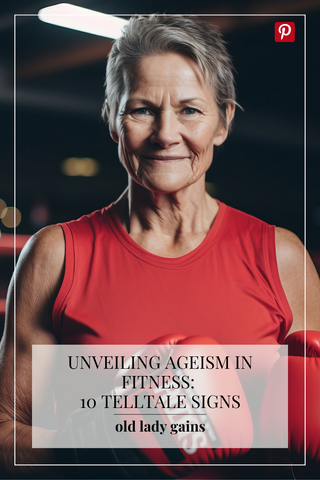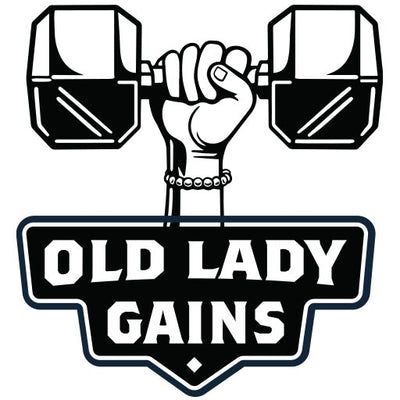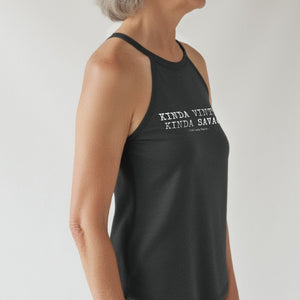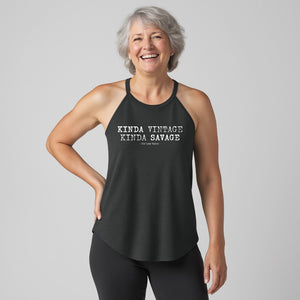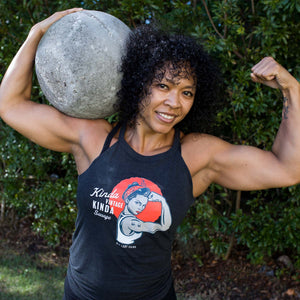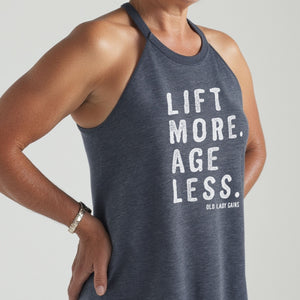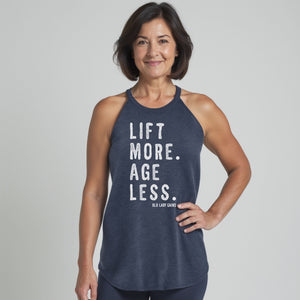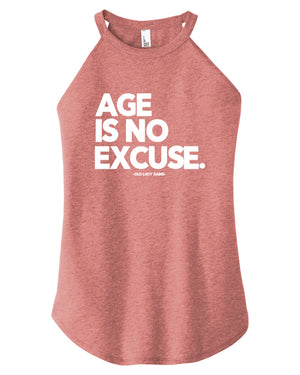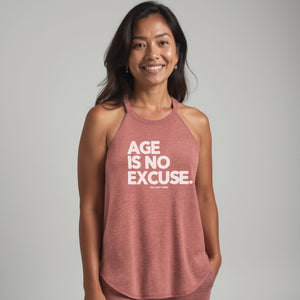Unveiling Ageism in Fitness: 10 Telltale Signs
Sep 25, 2023
Fitness is a journey that transcends the boundaries of age. It's a lifelong pursuit of well-being, strength, and vitality that should be accessible to all, regardless of how many years we've celebrated. Yet, within the world of fitness, a silent and insidious prejudice often lurks—ageism. Ageism in fitness refers to the unfair treatment, assumptions, or stereotypes that individuals may face based solely on their age. It's a barrier that prevents many from fully enjoying the benefits of physical activity and achieving their fitness goals. In this exploration of ageism in fitness, we aim to shed light on this issue, recognize its signs, and encourage collective action to break down these barriers.
If you've ever wondered whether you might be experiencing ageism in your fitness journey, here are ten telltale signs to watch out for:
1. Presumptuous Stereotypes
If you notice people assuming things about your abilities, goals, or interests in fitness solely because of your age, you might be facing ageism. For example, thinking you can't keep up with younger folks or assuming you're not interested in challenging workouts.
2. Limited Program Options
When your gym or fitness facility mainly offers classes and routines geared toward younger individuals, it can be a sign that they are not catering to your age group's specific needs and preferences.
3. Neglecting Health Considerations
As we age, our bodies change, and this can bring unique health concerns. Ageism in fitness can be seen when trainers or fitness professionals disregard your limitations, injuries, or overlook these specific health needs, potentially putting your well-being at risk.
4. Lack of Support for Progress
Your fitness journey should be one of continual progress, no matter your age. If you feel that your coach or gym is not providing the necessary guidance, support, or encouragement for your fitness goals, it's time to take notice.
5. Feeling Excluded
Experiencing a sense of exclusion, feeling out of place, and maybe even ignored completely in a fitness environment can be a sign of ageism. Fitness should be inclusive, welcoming everyone, regardless of age.
6. Disregarded Feedback
When you voice concerns or preferences related to your workouts or fitness goals, ageism can rear its head if people don't take you seriously or dismiss what you have to say.
7. Derogatory Language
Pay attention to the language used in your fitness environment. Ageism can manifest when people use derogatory or condescending language. A respectful and empowering atmosphere should always use inclusive and motivating language.
8. Limited Role Models
If you rarely see older individuals represented as fitness role models in your gym or fitness community, it may be a sign of ageism. Positive role models should span across all age groups.
9. Age-Blind Programming
Age should be a factor in your fitness plan. If your gym doesn't take your age into account when designing workouts or programs, they may not fully understand your unique fitness needs.
10. Ignored Aspirations
Ageism can happen when your dreams and fitness aspirations are brushed aside because of your age. Your goals and dreams are valid, no matter how many candles are on your birthday cake.
Our call to action is simple yet powerful: let's work together to create a fitness world that truly welcomes and embraces individuals of all ages. Whether you're an advocate for inclusive fitness, a fitness professional, or someone who's experienced ageism firsthand, your voice and actions matter. Share your experiences, challenge stereotypes, and support initiatives that promote fitness for everyone, regardless of age. Together, we can break down these ageist barriers, making fitness a more inclusive, empowering, and fulfilling journey for all. It's time to redefine fitness as a lifelong adventure, accessible to every generation.
Age should never be a limiting factor when it comes to pursuing a healthy and active lifestyle. By recognizing the signs of ageism, whether they manifest in stereotyping, limited choices, or exclusion, we empower ourselves to challenge these biases head-on.
